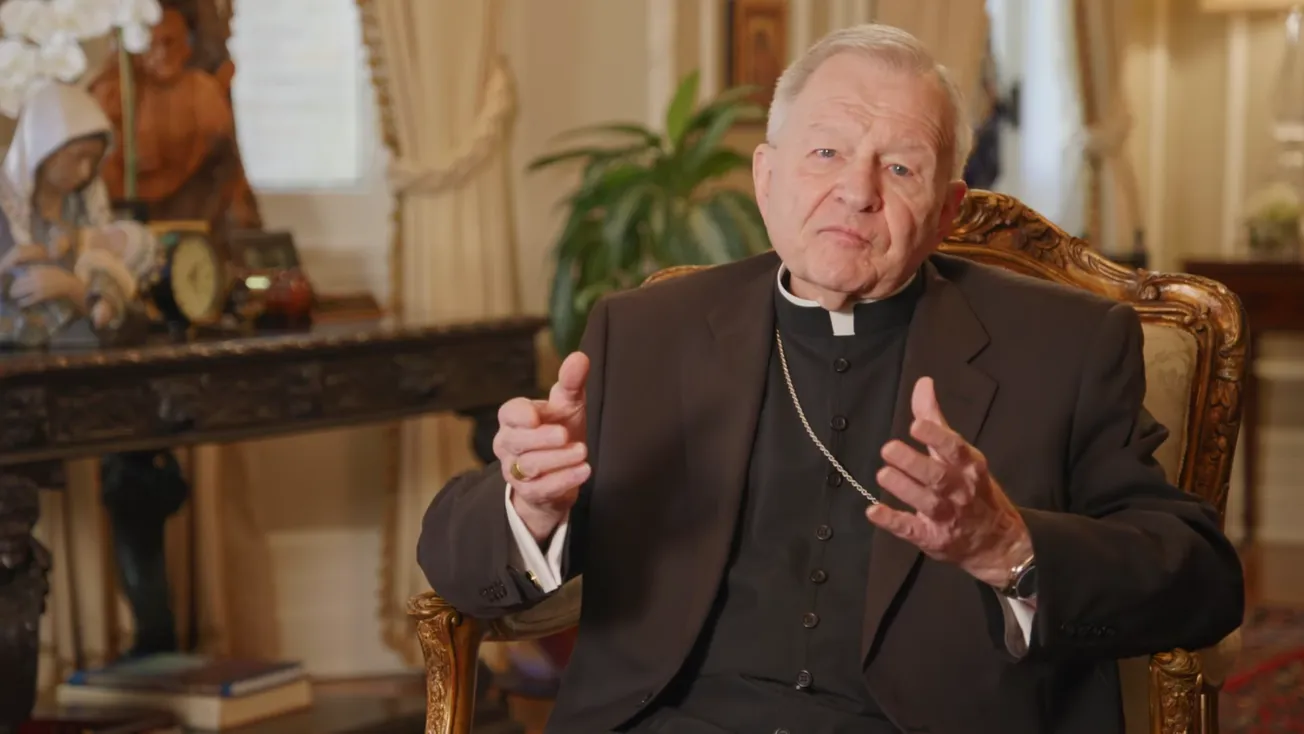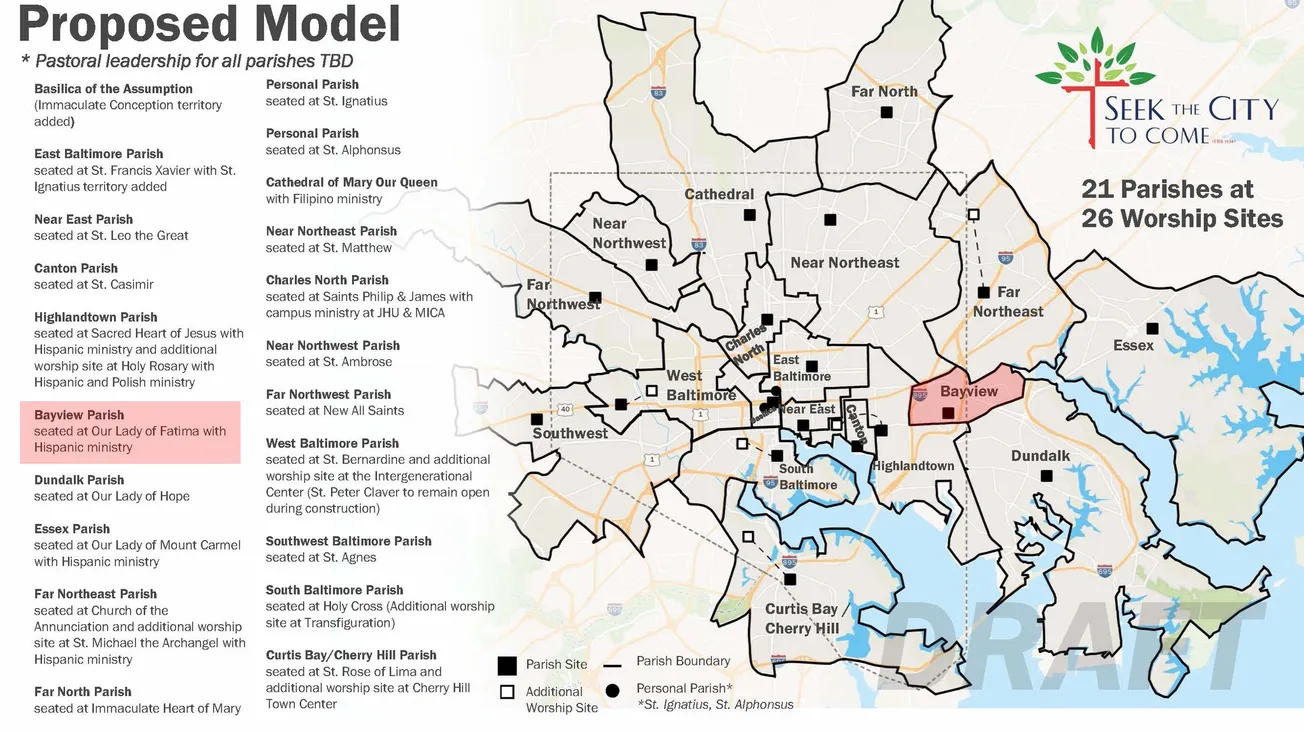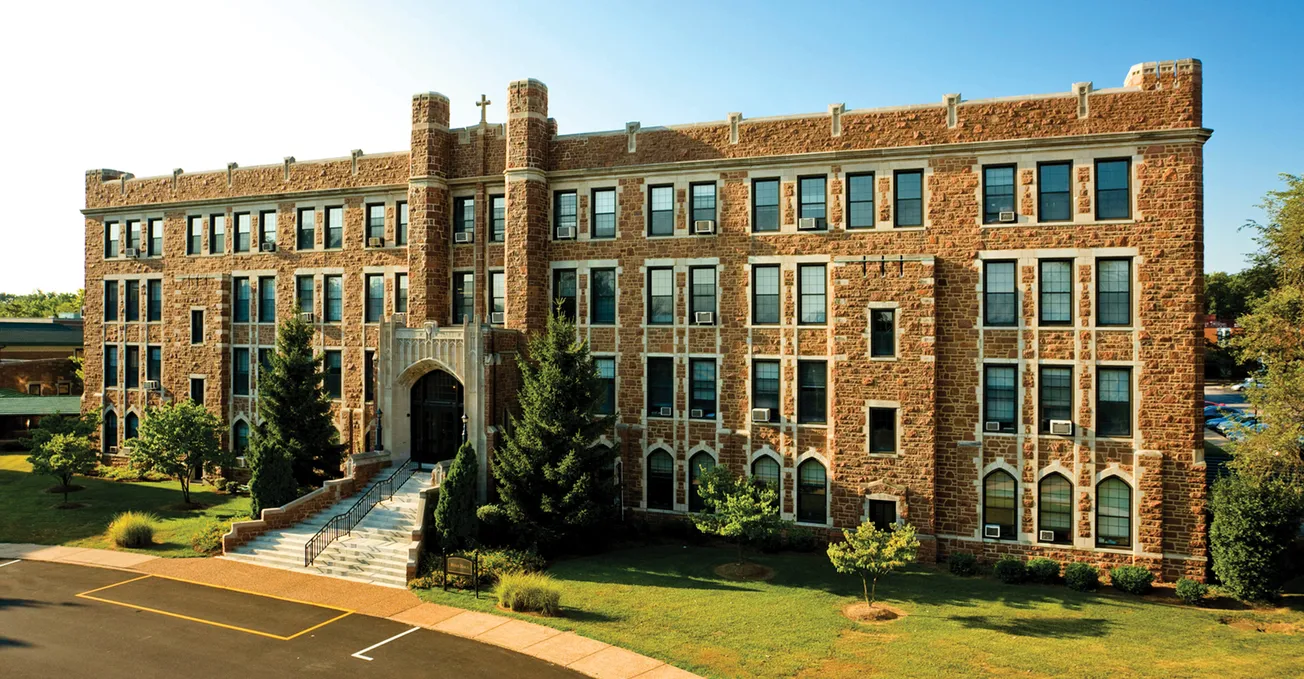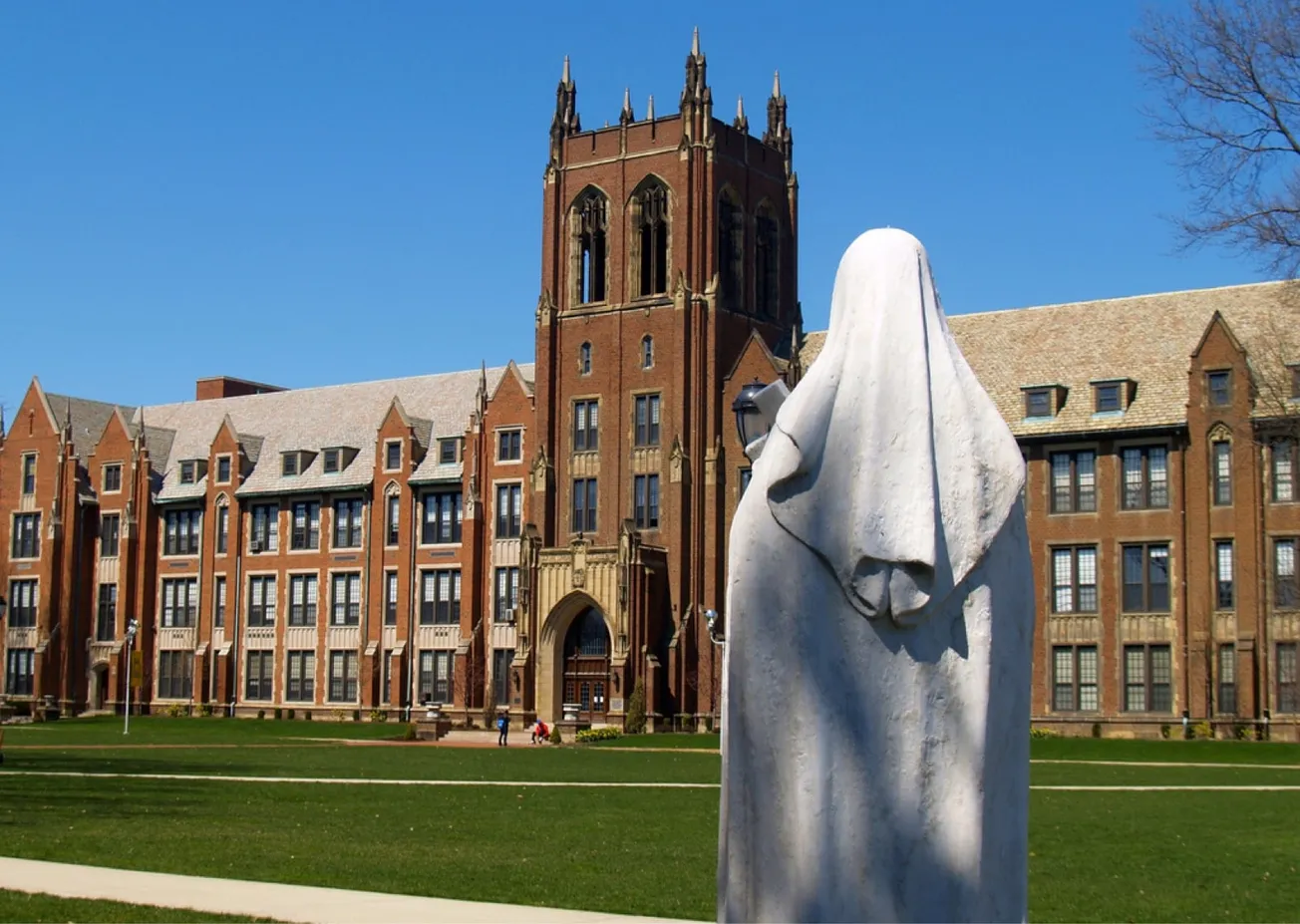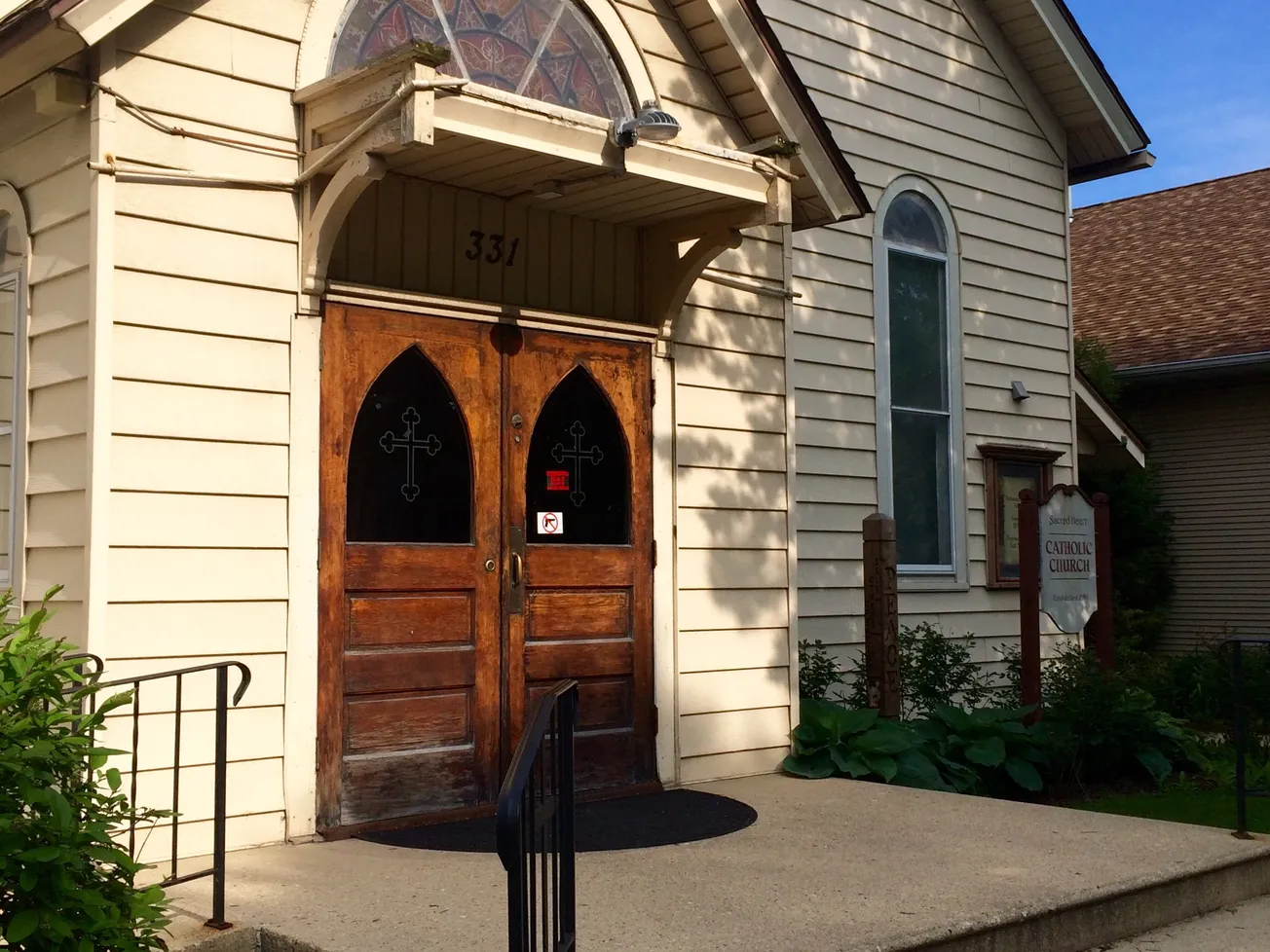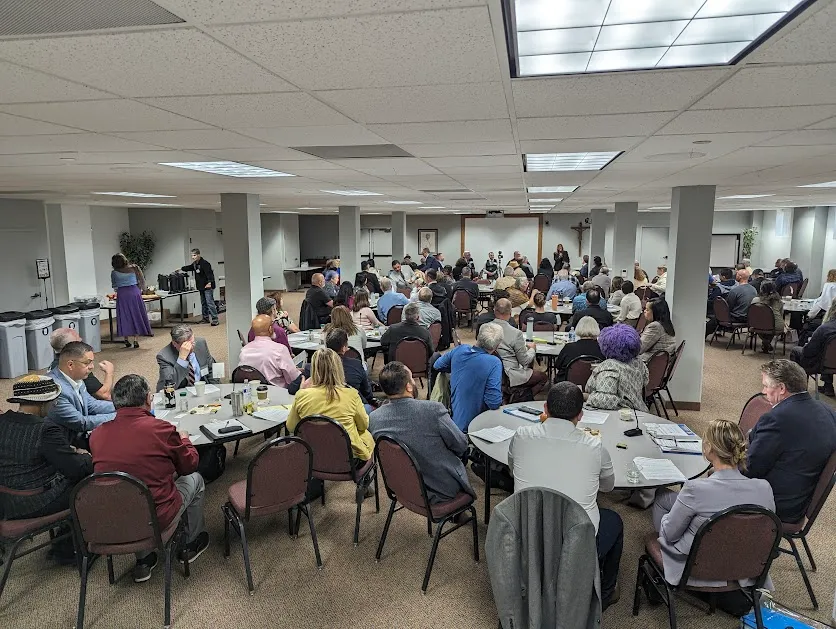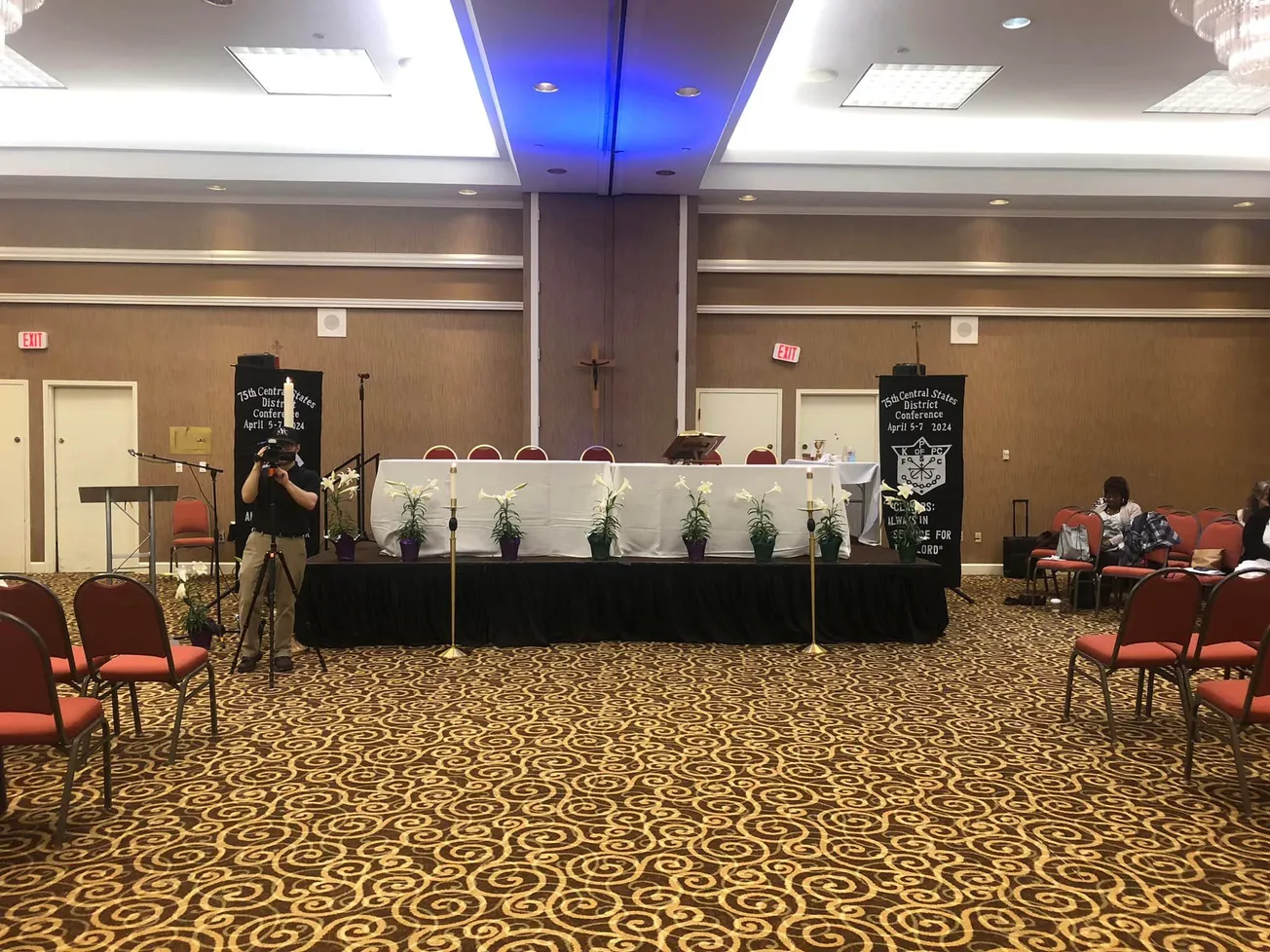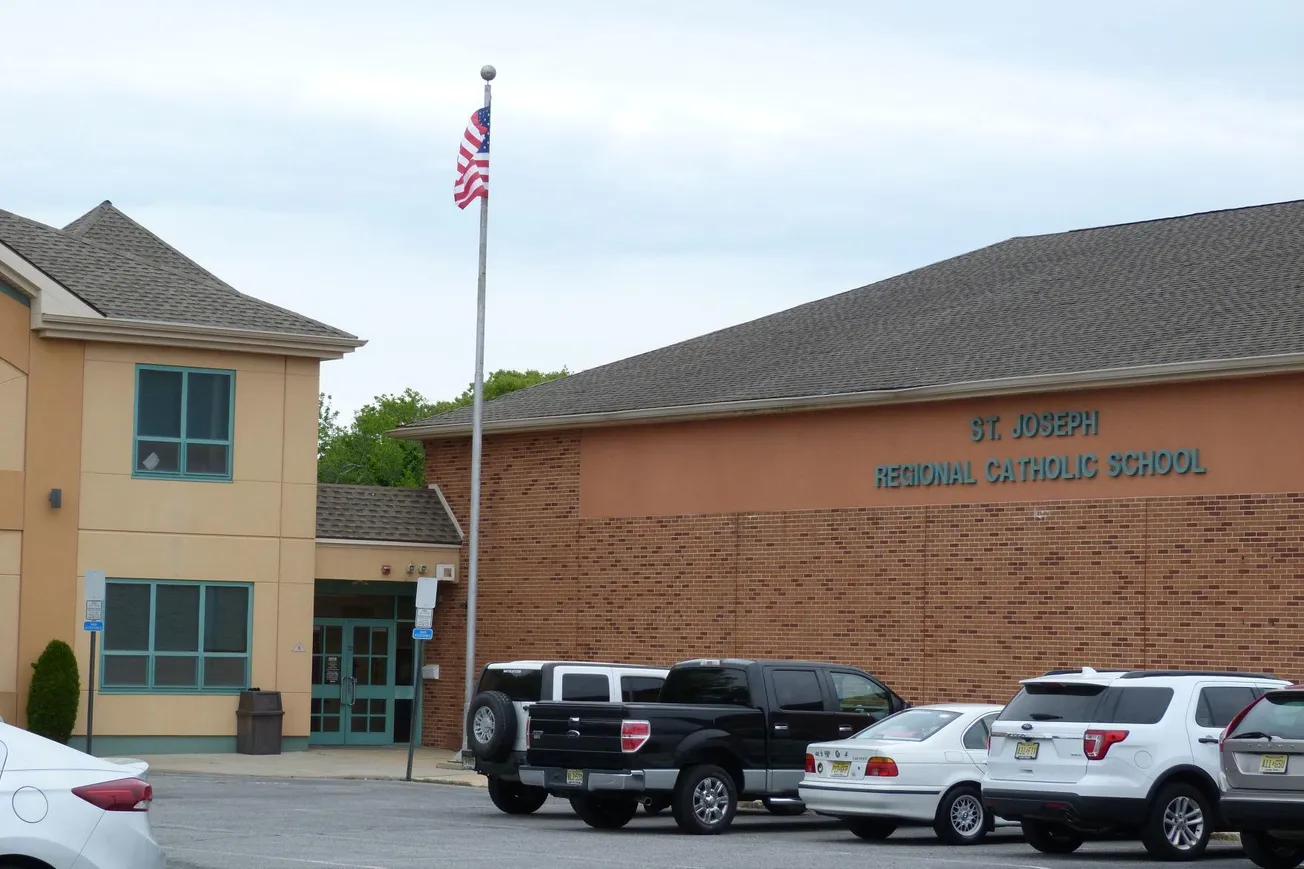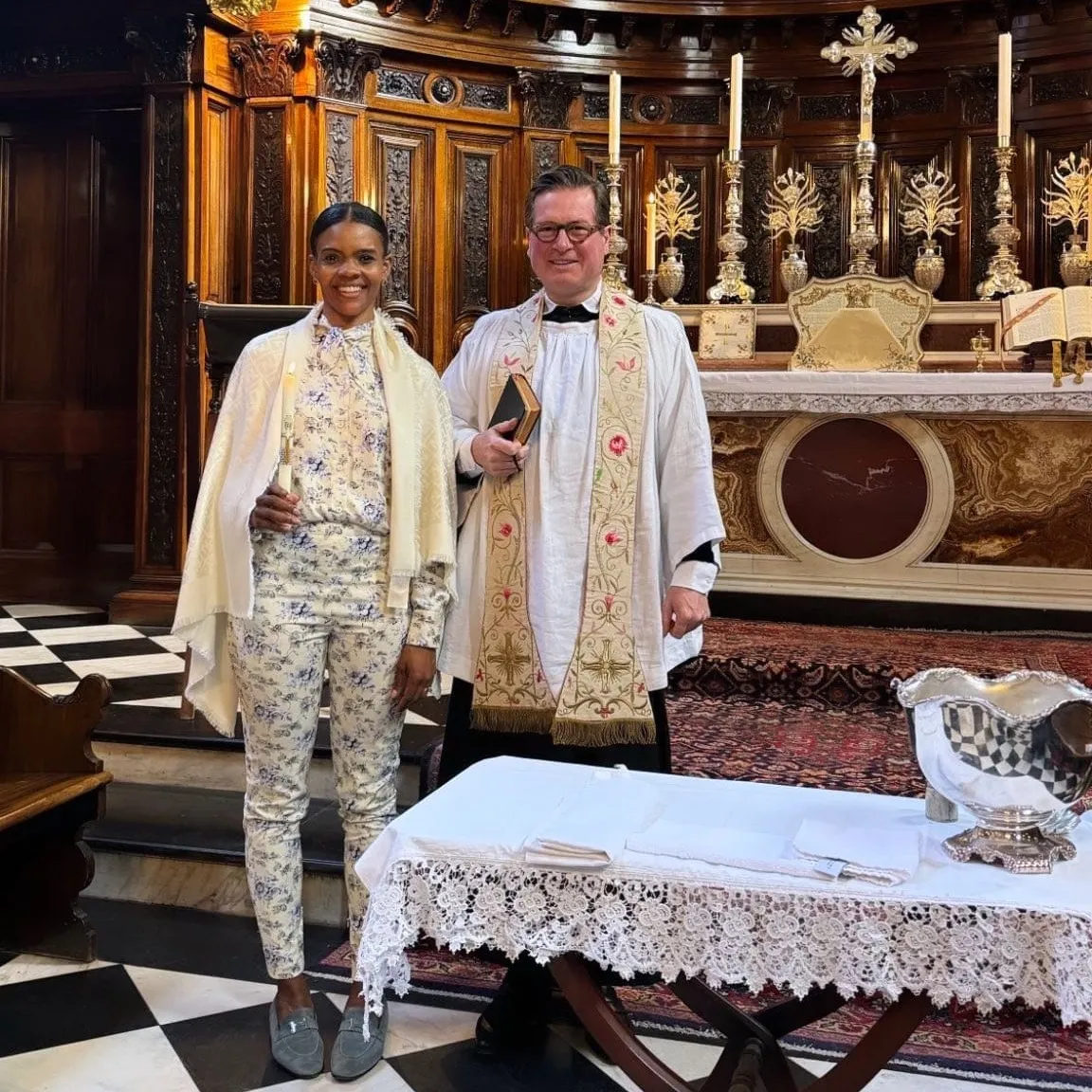The Archdiocese of New Orleans will soon shutter or merge a tenth of its churches, per a message released publicly over the weekend. Five of the 13 properties affected are Black Catholic parishes.
The news was announced Sunday, two days after reports emerged that a trio of churches in New Orleans’ heavily Black Gentilly neighborhood would become one. These include St. James Major Catholic Church, Transfiguration of the Lord, and St. Gabriel the Archangel.
St. Mary of the Angels Catholic Church and Our Lady Star of the Sea, two Black parishes neighboring one another in the city’s Eighth and Ninth Wards, are also set to merge. The remaining worship location will be at St. Mary’s, in the Florida Area district.
Archbishop Gregory Aymond, in a video announcement and online statement, called his decision-making process “difficult and painful.”
"When I returned home to New Orleans in 2009, I never imagined I would be in the situation of having to merge parishes.”
Parishioners at the churches affected by the mergers were officially notified by their pastors at the weekend Masses.
“I helped with the funds to build St. Gabriel… We came here when we weren’t even wanted,” said one elderly parishioner after the reading of a letter from Aymond on Sunday by Fr Tony Ricard, who allowed members to share their thoughts during the livestreamed liturgy.
“I love my archbishop. I love all of the priests that have been here… I have cried over this. I just have to let it out. I still love them, but I hope that they will change the way they are doing things in the Church that I love, that I’ve always loved, and will continue to love all the days of my life.”
The three Gentilly parishes, in their new merged reality, will now face a period of consultation, in which members will decide what church will become the new worship location while the other two are closed. They will also decide on a new name for the combined parish.
Ricard, who spoke to local media on Friday before official announcements were made, said that the process will likely be fraught, having followed months of viability studies to help chancery officials determine whether to merge, close, or leave be.
“Everyone will be fighting for their location. Basically, they are starting off already divided,” he told BCM concerning the upcoming discussions, which are to be completed by March 2024.
“I don't see it being easy. They will have an African-American facilitator to run the process.”
The closures, which will go into effect next July, are thought to have connections to the archdiocese’s recent bankruptcy filing, brought about by the clergy sex abuse crisis. Even so, though the archdiocese has paid tens of millions of dollars in payouts to victims since the turn of the millennium, Aymond’s weekend statement made no mention of the crisis.
“There is no doubt that our parishes, in fact our entire area, have been affected by many factors out of our control,” he said.
“Natural disasters such as floods and hurricanes over the past decade, the COVID pandemic, the challenges of Hurricane Ida recovery, inflation, and sky-rocketing property insurance rates impact our church communities just as they impact our families and our businesses.”
A note appended to Aymond’s remarks says the closures are “separate” from the bankruptcy, and that parish vitality discussions began long before, in 2016 during the Ninth General Synod of the archdiocese. The cause of that deliberation is not mentioned.
“The impact of the Chapter 11 Reorganization on Parish pastoral planning is limited to the fact that the administrative offices of the archdiocese, because of its own financial situation and its need to maintain a balanced budget, can no longer supplement parishes and ministries that are struggling financially,” the archdiocese said.
“For decades the Archdiocese has simply paid bills that could not be paid or forgiven debts that could not be met at the parish or ministry level.”
In 2020, just before the bankruptcy, Aymond told local Catholics their donations to parish churches would not go toward settling clergy sex abuse claims. This summer, however, as costs mounted, the 73-year-old prelate said local parishes and schools would have to bear some of these costs.
Since the Chapter 11 filing, the archdiocese has already closed two Black Catholic schools in New Orleans, prompting protests as well as legal action. The two schools in question, both in the Uptown neighborhood, were St Rita and St. Joan of Arc. In October, Ascension of Our Lord School in Laplace was slated for closure at the end of the school year.
The archdiocese recently sold the St. Jude Community Center, a food distribution outfit used by the neighboring Black parish, Our Lady of Guadalupe Church. Also on the market is the vacant Bishop Perry Community Center, named after the late Auxiliary Bishop Harold R. Perry—the first African-American Catholic prelate in modern history.
At least some of the parishes set to be merged have been told that the process will not involve turning over funds to the archdiocese.
“According to the plan that they explained to me, the two parishes that are closed will then be sold. Once they’re sold, the assets will belong to the new parish. The assets would first be used to pay off any parish debt that this new combined parish would have,” Ricard told his parishioners on Sunday.
“All remaining funds would go to that new parish. That was the plan that was presented to me when they [gave me] the letter.”
Aymond’s letter, which does not detail these plans, says that mergers and closures are ultimately a common reality around the country and are being done in his archdiocese “for the good of the local church.”
“I ask that you join me in prayer for these communities as they move through these transitions. Let us pray too for all of us as a local church, may the Holy Spirit continue to guide each of us as we strive for holiness, seek a deeper encounter with Christ each day, and witness with joy in our parish life.”
Nate Tinner-Williams is co-founder and editor of Black Catholic Messenger.



